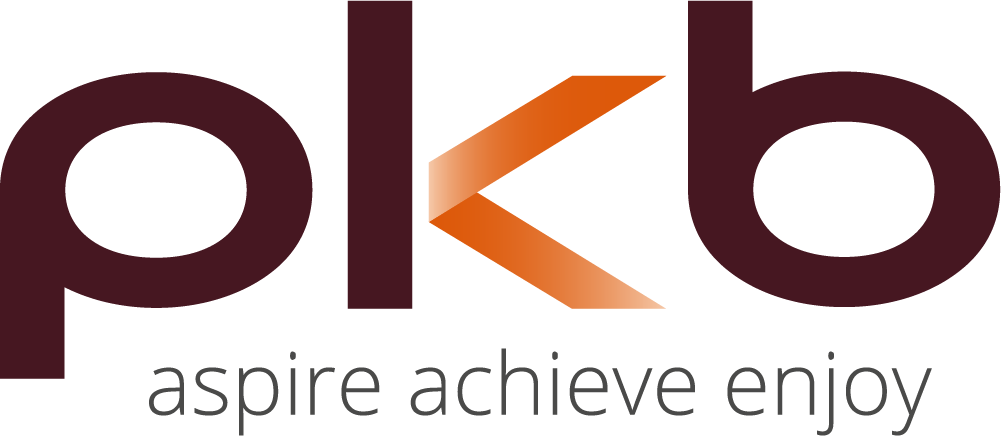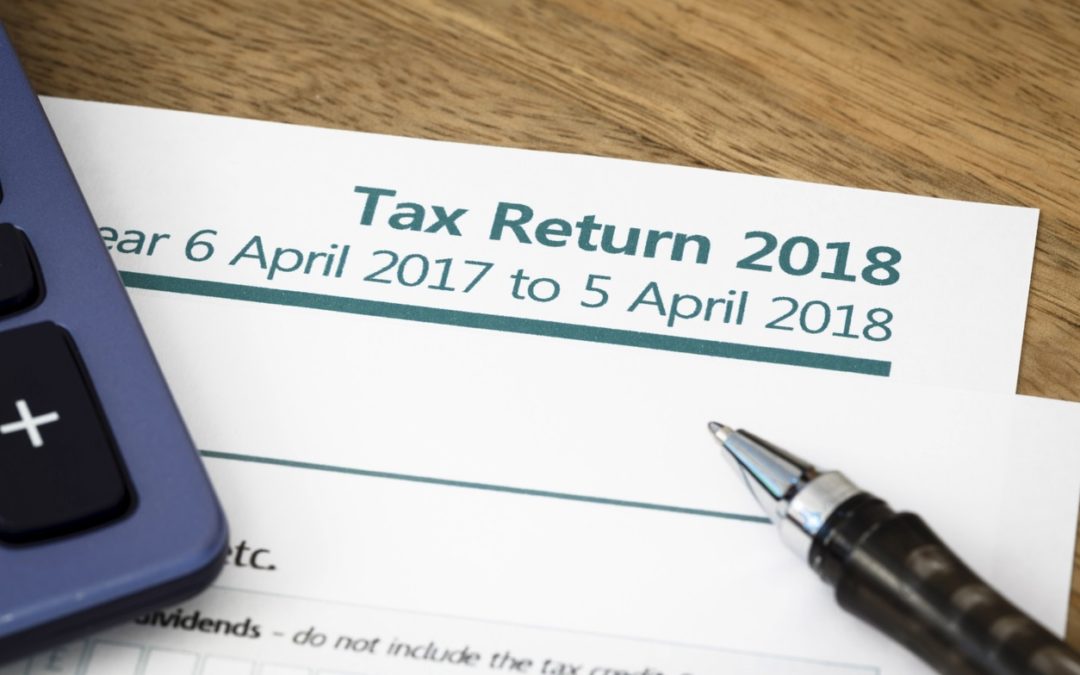Need help with filing your self-assessment tax return?
Well here’s everything you need to know.
It’s a common scenario.
As the year draws to a close, the thought of your tax return is there, at the back of your mind. But with so much time before the deadline, you decide not to worry about it for now.
Then the weeks start to fly by, Christmas comes and goes and soon you’re planning for the New Year and getting back to work as normal.
Before you know it, it’s the end of January, you’re searching for your registration details and HMRC’s waiting times are growing longer as thousands of other taxpayers in the same predicament try to get in touch.
More than a quarter of tax returns in January 2018 – that’s 1,290,948 altogether – were submitted less than 48 hours before the self-assessment filing deadline at midnight on the 31 January.
Around 30,348 of those were left literally to the last minute, between 11pm and 11:59pm.
It’s better to finish your return early on to avoid this last-minute rush – but if the thought of rummaging through old receipts and puzzling over tax calculations fills you with dread, we can help.
Do I need to complete a tax return?
Most employees’ tax is deducted automatically through PAYE.
When you’re self-employed however, it’s up to you to let HMRC know your income for the year and pay the tax you owe. This is done through a self-assessment tax return.
That’s not the only reason you might need to complete self-assessment, though. You’ll need to send a return if, in 2017/18, you had:
- income from self-employment that’s more than £1,000
- more than £2,500 from renting out property
- more than £2,500 in other untaxed income, such as tips or commission
- income from savings or investments of £10,000 or more
- income from dividends from shares of £10,000 or more
- profits liable to capital gains tax.
You’ll also need to complete a return if you:
- were a company director
- claimed child benefit, and you or your partner’s income was over £50,000.
You can find a full list of circumstances in which you’ll need to file a return on the Government’s website, or you can call us to ask about your situation.
What do I need to do?
The process for self-assessment is fairly lengthy, so make sure you’re aware of the different stages and have enough time to complete them.
Registering for self-assessment
If it’s your first time completing a self-assessment tax return, or you didn’t file one in the previous year, the first thing you’ll need to do is register.
The registration deadline for returns relating to the 2017/18 tax year was the 5 October 2018. If you missed this deadline, or miss any of the others in the process, speak to HMRC as soon as possible. You may still be fined but this shows good faith and can make the process less painful.
When you’ve registered, you’ll receive a unique taxpayer reference number which you can use to sign up for HMRC’s online services.
After you’ve done this, HMRC will send you a PIN in the post, which you can use to access the online services and file your return.
When is the deadline for tax returns?
The deadline for paper returns for 2017/18 was the 31 October 2018 and online returns must be filed by the 31 January 2019.
Before you begin, make sure you have all your records and paperwork together.
If you’re registered as self-employed, you’ll need the following records:
- all your business expenses
- records of any sales or income
- PAYE records (if applicable)
- VAT records (if registered)
- records of your personal income.
If you’re employed or a company director for a limited company, you may also need:
- P45, P60 and P11D forms
- certificates from a taxed award scheme
- information about any redundancy or termination payments
- information about income and benefits from your job.
When do I pay my tax due?
When you’ve finished filling in your return – but before you submit it – you can view your calculation to see how much tax you owe.
This will include any tax you owe for the 2017/18 tax year, as well as your first payment on account towards the 2018/19 tax year.
The deadline for paying it is the same as that for filing the return, by midnight on the 31 January 2019.
What are the penalties if my tax return is late?
There’s an initial £100 penalty if your return is up to three months late, but this could increase the longer you leave it.
After three months, there are additional daily penalties of £10 per day, up to a maximum of £900.
Then, after six months, you could end up with a further penalty of 5% of the tax due or £300 – whichever is greater.
After 12 months, there’s another 5% or £300 charge, which will again depend on whichever is greater.
If you pay your tax bill late, you could face additional penalties of 5% of the tax unpaid at 30 days, six months and 12 months.
You can appeal against a penalty if you have a reasonable excuse, but the conditions for this are limited. Circumstances for appeal could include:
- if a partner or close relative has passed away prior to the deadline
- serious illness
- an emergency hospital stay
- unexpected delays in the post
- an IT failure (hardware or software) when preparing your tax return
- external causes (fire, flood or theft) which prevented you from completing a return
- issues with HMRC services.
Common problems
When you’re filing your self-assessment return, it’s best to get it right the first time so you don’t have to worry once the deadline has passed.
Here are some of the most common mistakes, and how you can avoid them.
Missing out on tax relief
While self-assessment seems focused on calculating the tax you owe, you might forget about what you can claim back.
What expenses can I claim tax relief on?
Remember to claim back tax relief where you’re eligible for it, including on charitable donations you’ve made, pension contributions, or work expenses.
Not declaring all your income
All your taxable income needs to be declared on your self-assessment form.
That includes earnings, dividends, pension payments, interest on your bank account, capital gains and rent from a buy-to-let property.
How much dividends can I receive before having to pay tax?
You must claim income from dividends from shares of £10,000 or more.
It can be especially easy to miss something out if your financial situation is complex, so give some extra thought to this section to make sure you’ve included all your income.
Late or inaccurate filing
HMRC statistics show that around 745,588 returns were filed late for the 2016/17 tax year. To make sure you’re not one of the culprits this year, make sure you start well in advance.
Rushing through the form can also increase the risk that you’ll fill in the wrong numbers.
Think carefully about the information as you fill it in, and double check your calculations before you submit the form.
If you do realise you’ve made a mistake, you can amend your tax return within the first year of the January 31 deadline.
You may still face a penalty for this if HMRC decides you have not taken reasonable care to provide the right information.
Alternatively, to avoid any of these problems from the start, we can handle your self-assessment tax return and ensure it’s completed accurately and on time.
Deadlines
To recap, here are the four main deadlines to keep in mind when you’re completing self-assessment:
Task | Deadline |
Registering | 5 October |
Submitting paper tax return | 31 October (midnight) |
Submitting online tax return | 31 January (midnight) |
Paying tax | 31 January (midnight) |
We can help
If you need help with any aspect of your self-assessment tax return, please don’t hesitate to contact our tax, payroll and accounts manager, Peter Bowyer.

To read news and blogs from Peter Bowyer, click here >>


